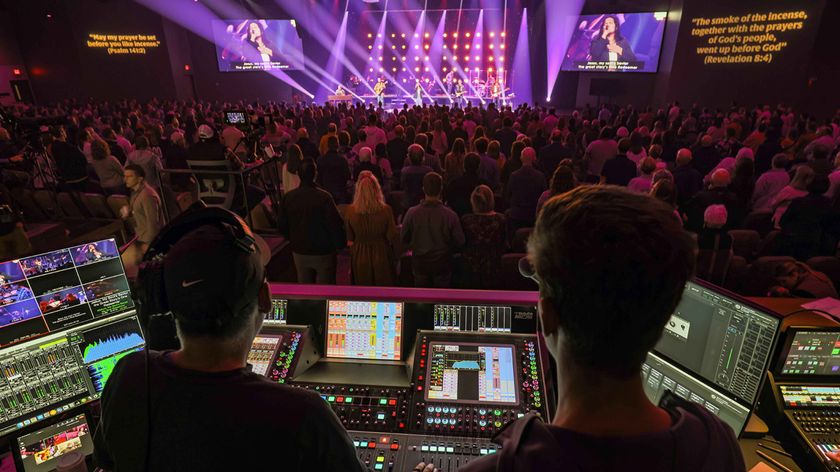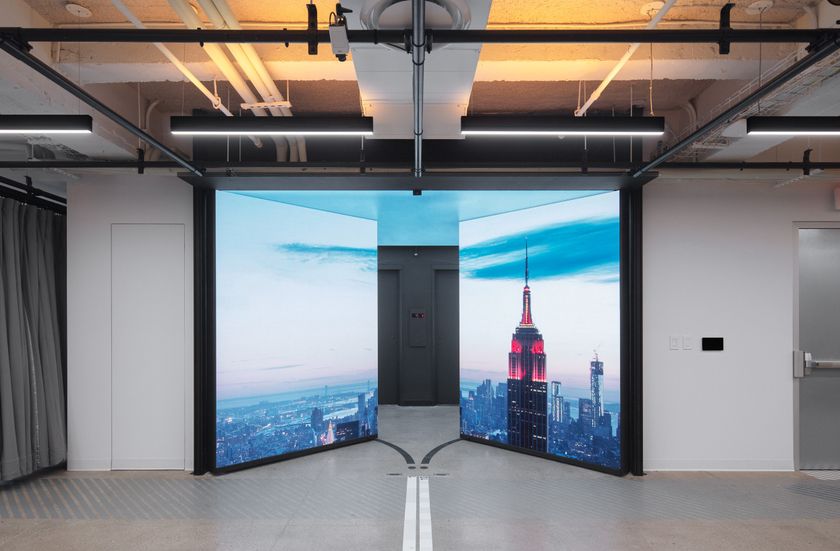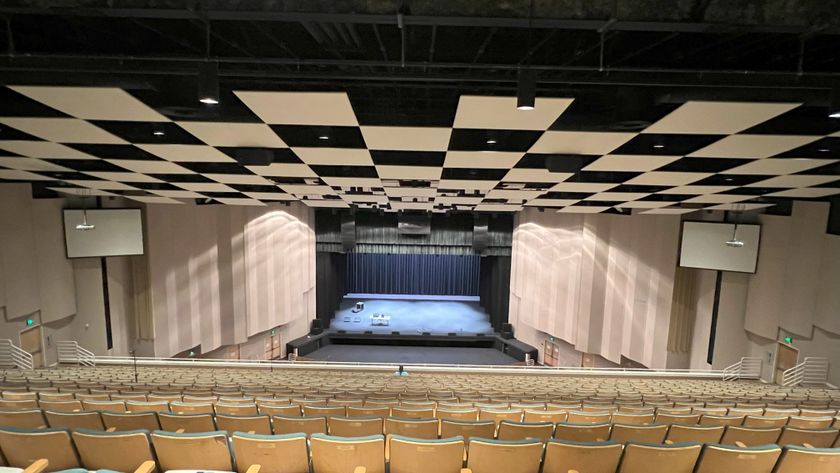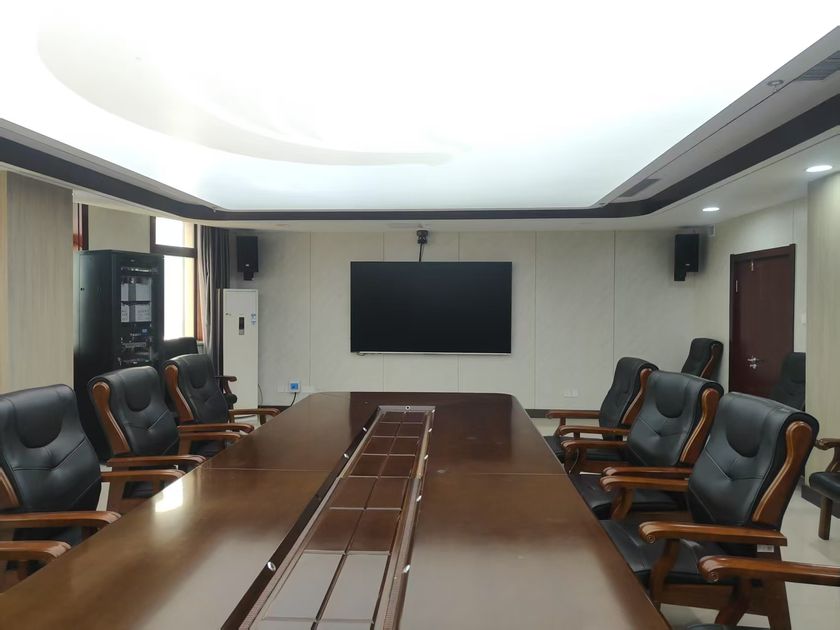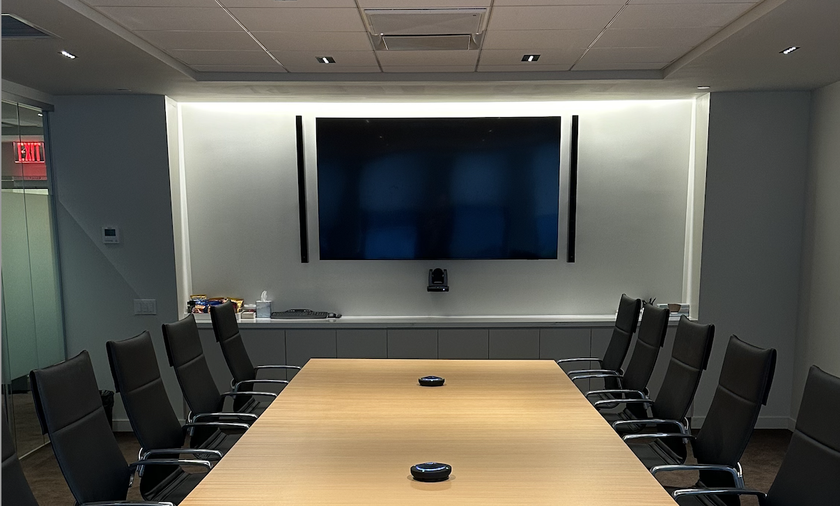The global LED display market continues to expand, achieving revenues of $6.5 billion in 2018, a rise of 22%, according to a new industry report from Futuresource Consulting.
“This is an incredibly exciting time for the industry,” said Hope Lee, Senior Market Analyst at Futuresource Consulting. “Product design is increasingly focusing on flexibility, such as convex and concave. Ease of maintenance and service is coming to the fore, while power saving features are now a mainstream topic. With all the technological, competitive and pricing factors that are galvanizing the market, watch out for a surge in DOOH, stadiums, airports, control rooms, retail and broadcast across all major markets. Our forecasts show that this groundswell in activity is on track to propel sales beyond $12 billion by 2023.”
LED video displays commanded the lion’s share of the market in 2018, accounting for more than 85% of total revenues and growing nearly 30% year-on-year. Narrow pixel pitch (NPP) LED was another revenue hot spot, increasing by nearly 50%, with significant market growth taking place in China as well as across developed markets. This has also driven up the indoor market, which now accounts for 56% of all LED video display sales.
“Last year there was a severe chiplet oversupply,” said Hope Lee. “At the same time, there’s been a greater transparency within the supply chain, and this has applied downward pressure to the price of SMD packages. We’ve seen the majority of this price reduction flow through the supply chain to the end user, which has been a key growth driver.”
Looking to the regions, China accounted for just over half of global LED video display revenues in 2018, with Leyard and Unilumin the clear leaders. Internationally, mainstream display companies Samsung and LG are the rising stars, being frequently referenced as a competitive force in bidding projects. Christie, Barco and NEC expanded their investment and sales in LED, providing a full range of display products and competing on corporate brand, image processing and services. The USA maintained its position as a key international market, despite the uncertainty caused by the US/China trade war, which has resulted in Chinese manufacturers collectively accelerating their expansion into Australia, the Middle East, Latin America and Southeast Asia.
Futuresource expects to see this concerted international effort encourage a raft of new adoption. Meanwhile, both Western Europe and North America continued to experience growth in NPP, as well as standard LED.
The Futuresource LED display report provides an outlook for the global market, quantifying the landscape in terms of value and volume. This is the third annual wave, covering the full range of LED display options, supporting the supply chain in making informed strategic decisions. Such has been the development of this vertical that Futuresource has significantly increased the breadth of its research, covering as a wider range of players operating in and around the LED ecosystem.
